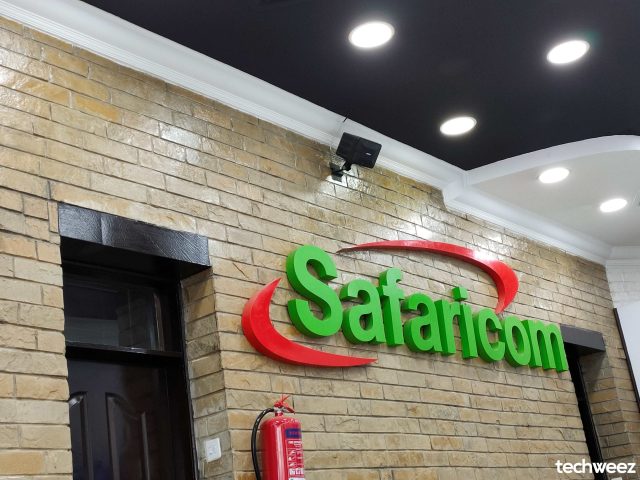Safaricom, the top telecom provider in Kenya, is taking a risk by promising to cut its Internet rates to win back users who migrate to Starlink.
Safaricom recently sent out marketing communications urging its migrated Starlink customers to reactivate their fibre subscriptions at a discounted price of $38.61 for a 40mbs monthly bundle, initially $50.19.
Safaricom’s discounted internet price comes a week after Starlink’s aggressive pricing policy alarmed Kenya’s top Internet providers.
Read also: Starlink offers affordable rental broadband access in Kenya
Starlink’s game-changing leasing option in Kenya
According to a new leasing option that Starlink revealed last week, customers in Kenya can now rent a Starlink kit for as little as $15 per month.
Starlink’s renting option is intended for people who cannot afford the gear outright. Normally retailing for $350, the kit is now available for $15.15 a month, with a $21 one-time activation cost.
With speeds up to 200 Mbps, customers can choose between an unlimited bundle for $50.50 or a 50GB data plan for $10. For individuals who would instead buy the hardware, the regular Starlink kit is now $350.
Since its July launch in Kenya, Starlink has made great strides in improving the accessibility of its service. The Starlink kit originally cost $687.26, which many potential consumers found unaffordable. However, that price has since been significantly lowered.
Starlink competes with other significant Internet service providers in Kenya, such as Faiba, Telkom, Zuku, and Airtel.
Safaricom’s call for fair play in satellite internet
Safaricom expressed worries over Starlink’s entry into the Kenyan market and called on the government to impose regulations on satellite internet providers.
Safaricom pointed out the possible effects on the regional telecom sector in a letter to the Communications Authority of Kenya (CAK), suggesting that satellite providers should be forced to collaborate with local network operators before receiving licenses.
The telco noted that it would be difficult for the government to regulate the satellite internet service providers’ operations if they could function without a physical presence in the country.




